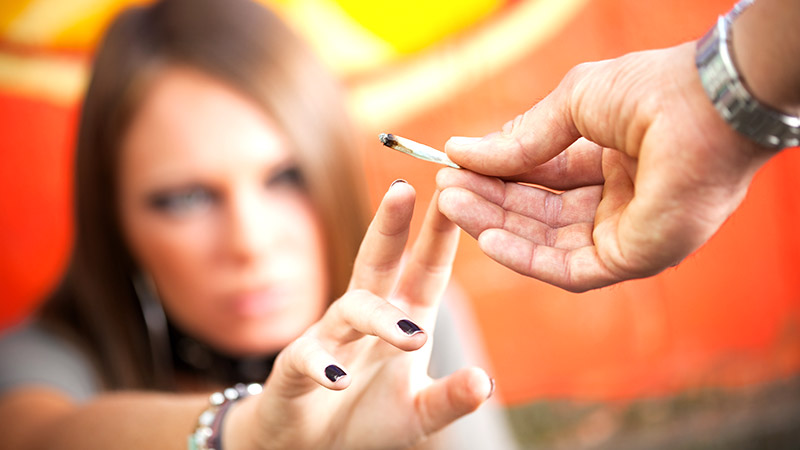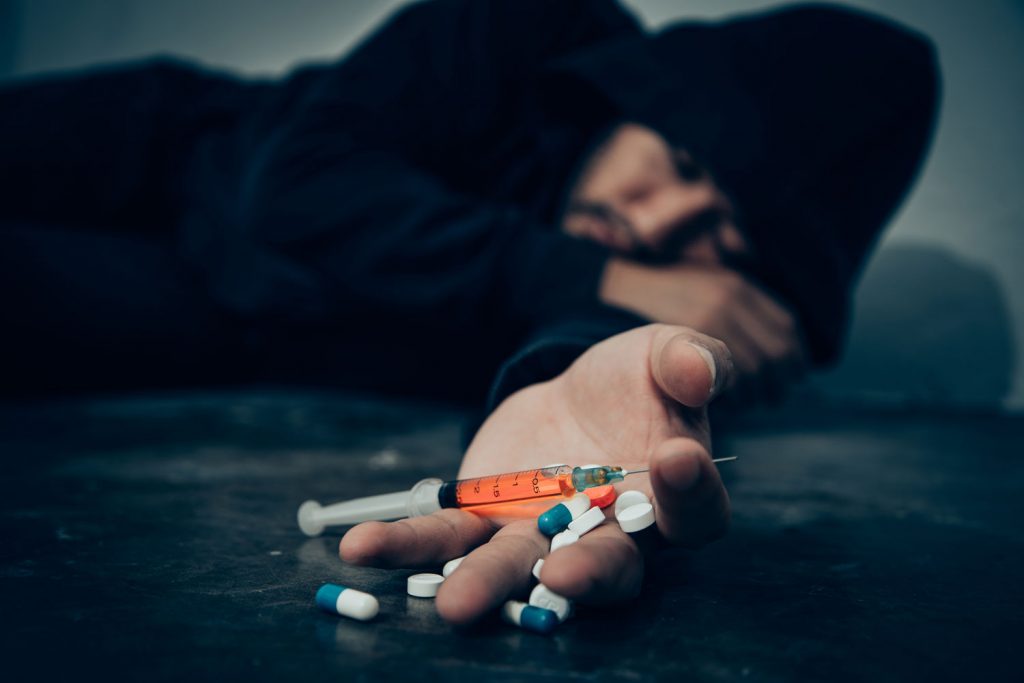How to Say No to Drugs and Alcohol Without Losing Friends
Even when you've made up your mind to stay away from drugs and alcohol, it can get complicated when the offer comes from someone you care about—like a friend. In some cases, a simple “no thanks” might work just fine. But there are also moments when that’s not enough. Peer pressure can get intense, especially when others feel like you’re judging them just because you’re making a different choice.
Here are some smart, low-drama ways to keep your boundaries clear and your values intact, even in tough situations:











